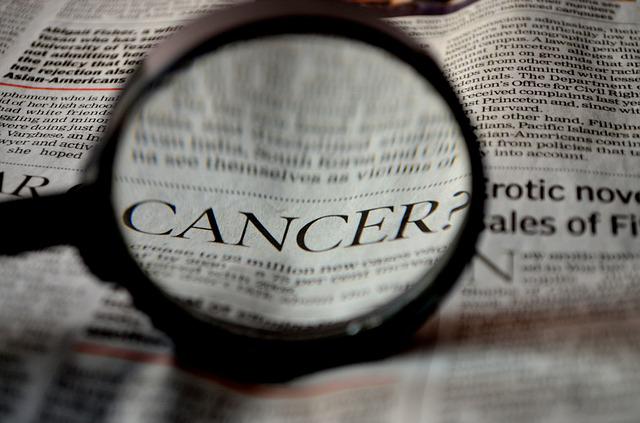Is Chronic Epididymitis More Likely to Become Cancerous?
Date:2022-07-23 click:0
Chronic epididymitis is mainly an infection caused by Mycobacterium tuberculosis, Neisseria gonorrhoeae, or non-specific bacteria. Under normal circumstances, it does not cause cancer. It is more likely to cause other complications, such as obstructing the epididymal duct leading to azoospermia and even inflammation that persists to the testis, causing testicular necrosis or abscess formation. The need for incision and drainage is its primary trend.

So men do not need to worry too much about chronic epididymitis will become malignant. But repeated inflammation will bring many complications, affecting fertility problems and quality of life. It even affects our mood, including sleep and other issues.
Some patients become chronic epididymitis because acute epididymitis has not been treated thoroughly and effectively. The clinical manifestations are pain and discomfort in the lower abdomen, groin area, or scrotum on one or both sides. A physical examination can feel swelling or nodules in the head or tail of the epididymis. Some patients also have chronic prostatitis, epididymal swelling, and pain, accompanied by frequent urination, urgency, and other discomforts. In addition, chronic epididymitis can cause infertility, affect sperm production, etc.
Epididymitis must be treated in time. Epididymitis is a disease of inflammatory infection, and the inflammatory condition should be eliminated in time when treating the disease. After the inflammatory disorder of epididymitis, the epididymis will become particularly uncomfortable. After suffering from epididymitis, it may also threaten the reproductive function of men, resulting in the loss of reproductive function.
Currently, there is no medical evidence to prove that chronic epididymitis is related to the occurrence and progression of epididymal cancer. Epididymal cancer has a high degree of malignancy, generally has a rapid onset, and progresses rapidly, and the incidence is smaller than other cancers.
Although chronic epididymitis does not typically develop cancerous deterioration, if chronic epididymitis is not treated, it will also affect patients' quality of life. If epididymitis is not controlled, it may affect the reproductive functions of patients, so it is necessary to seek medical treatment in time.
Chronic epididymitis is mainly treated by available treatment, physical therapy, drug, surgery, and other methods. The specific analysis is as follows:
1. General treatment: For all patients with chronic epididymitis, it is recommended to increase nutritional supplements. The diet should be light and easy to digest. It is necessary to avoid prolonged pressure or friction on the scrotum and too frequent sexual life, and maintain an optimistic attitude.
2.Drug: When the patient has these clinical conditions, it is recommended to go to the hospital for relevant examination and treatment. You can go for a physical exam and scrotal color ultrasound to confirm the diagnosis. Once diagnosed with chronic epididymitis, it is recommended to choose sensitive anti-inflammatory drugs for treatment according to the test results.
Men can select Diuretic and Anti-inflammatory Pill, which has the main functions of clearing away heat and detoxification, promoting blood circulation and relieving pain, and diuretic and dredging. It can treat chronic epididymitis well, thereby improving patients' clinical symptoms.
3. Physical therapy: Patients with chronic epididymitis can raise the scrotum of patients with chronic epididymitis and apply a hot compress and warm water sitz bath to the local scrotum, improving chronic epididymal inflammation to a certain extent.
4. Surgery: If drug treatment or physical therapy has no noticeable effect, and the symptoms of chronic epididymitis recur, which has seriously affected the normal life of the patient, and the patient has no need for fertility, epididymectomy surgery can be considered.
Recommended Readings:



